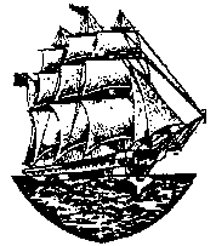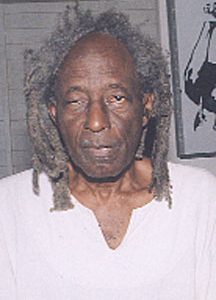
The history of the Berbice Railway Line, Mahaica-Blairmont link, 1889-1900
Part One By Shammane Joseph This article is the first of a two-part series that will look at the completion of the Mahaica-Blairmont railway line from 1899-1900.

Part One By Shammane Joseph This article is the first of a two-part series that will look at the completion of the Mahaica-Blairmont railway line from 1899-1900.

Part Two By Shammane Joseph This article was supposed to be a two part series however due to added information it is now a four-part series.

Part One This article is the first of a two part series that will deal with the use of the British Emergency Detention Bill and its impact on the development of the Preventive Detention Act, 1966 in Guyana.

By Charlene Wilkinson & Kencil Banwarie University of Guyana Department of Language & Cultural Studies Faculty of Education & the Humanities In January of this year, a landmark conference in Jamaica concluded with the presentation to members of the public of the final draft of The Charter on Language Policy and Language Rights in the Creole Speaking Caribbean.

By Shammane Joseph This article will examine the Ordinances which introduced into the colony of British Guiana, trial by jury in 1844.

By Estherine Adams This article is an excerpt of a much broader body of work that focuses on Eusi Kwayana and his role in the national political developments of British Guiana, between 1950 and 1961.

On Monday, Emancipation day, I stood on a relative’s veranda in Hopetown watching a group of young and not so young people making their way home, through the rain, after a night of frolic at the annual ‘swari’.

Part II Part I examined the proposal of 1902 made by Mr.
Part I By Gwyneth George Discussions on railway development in British Guiana have always tended to focus on the East and West Coast railways.

Part one By Shammane Joseph Lately, there has been a lot of discussions about development of a permanent link between Guyana and Brazil, given the economic benefits to be derived.
Part Two By Estherine Adams This article is the second and final part of a two-part series on the history of the penal settlement Mazaruni.

Introduction The United Nations has designated the year 2011 as International year FOR (not of) People of African Descent.
By Christopher Carrico ‘It was telling that Obama said in his 2010 State of the Union Address that universities would have to make more sacrifices in the current economy.

By Christopher Carrico Anthropology Programme University of Guyana This was originally going to be a History This Week article for Stabroek News when I was last scheduled to write for this column.

Part 2 By Jamellah Bayley This article is the second in a two-part series that examines the health conditions in British Guiana during the 1890s.

By Nigel Westmaas This essay is concerned about the politics of memory.

By Clyde W Thierens With the demise of President Forbes Burnham in August 1985, Hugh Desmond Hoyte ascended to the presidency of Guyana.

By Shammane Joseph This article is the first in a two-part series that will focus on the development and eventual failure of the Vanceram Limited Tableware Factory, the largest economic project ever commenced by the Women’s Revolutionary Socialist Movement (WRSM), at Caledonia in Guyana.

History this week No. 31/2010 This article briefly explores the creation and solidification of African ethnic identity and the incorporation of Guiana into the world economy and argues that historically the intensification of ethnic contestation between Africans and other ethnic groups was a consequence of the structural contradictions that lie beneath the construction and reproduction of ethnicity in Guiana in order to support capitalism and its inequitable division of labour.
By Dr. Christopher Carrico The quote ‘History is written by the victors’ is normally ascribed to Winston Churchill.
The ePaper edition, on the Web & in stores for Android, iPhone & iPad.
Included free with your web subscription. Learn more.